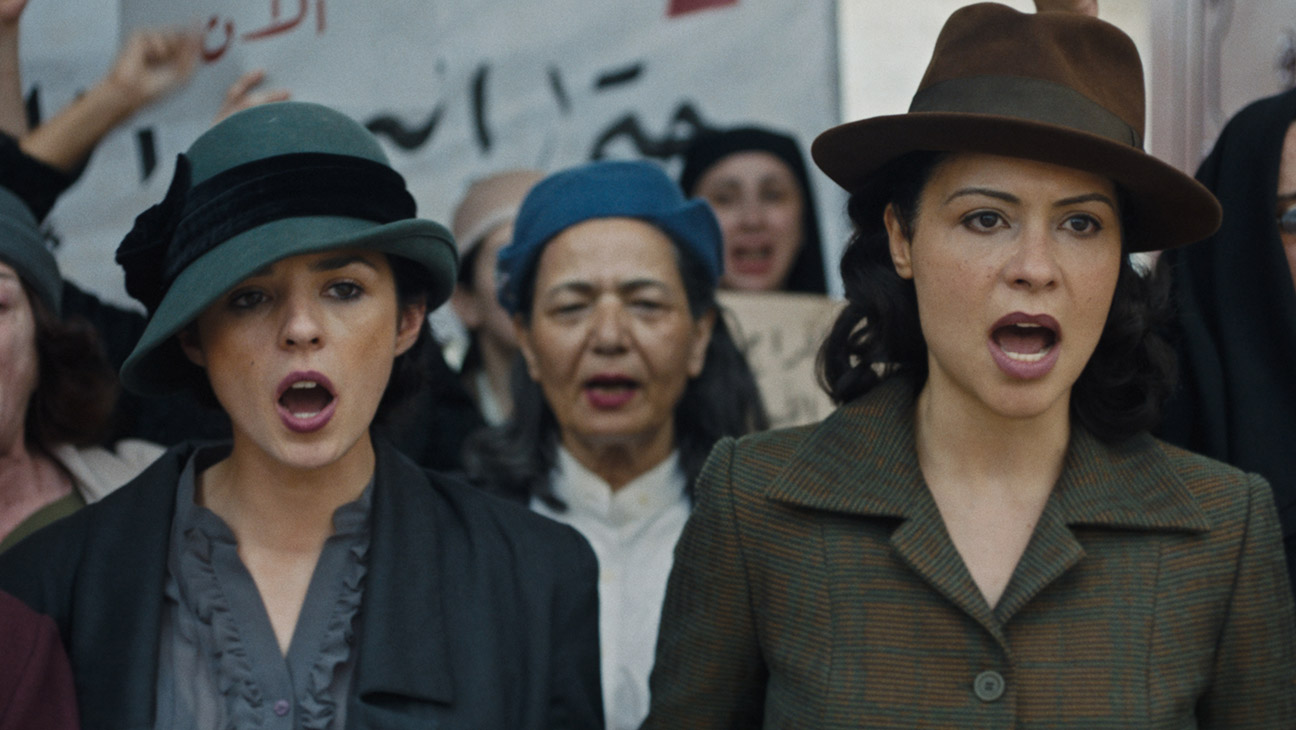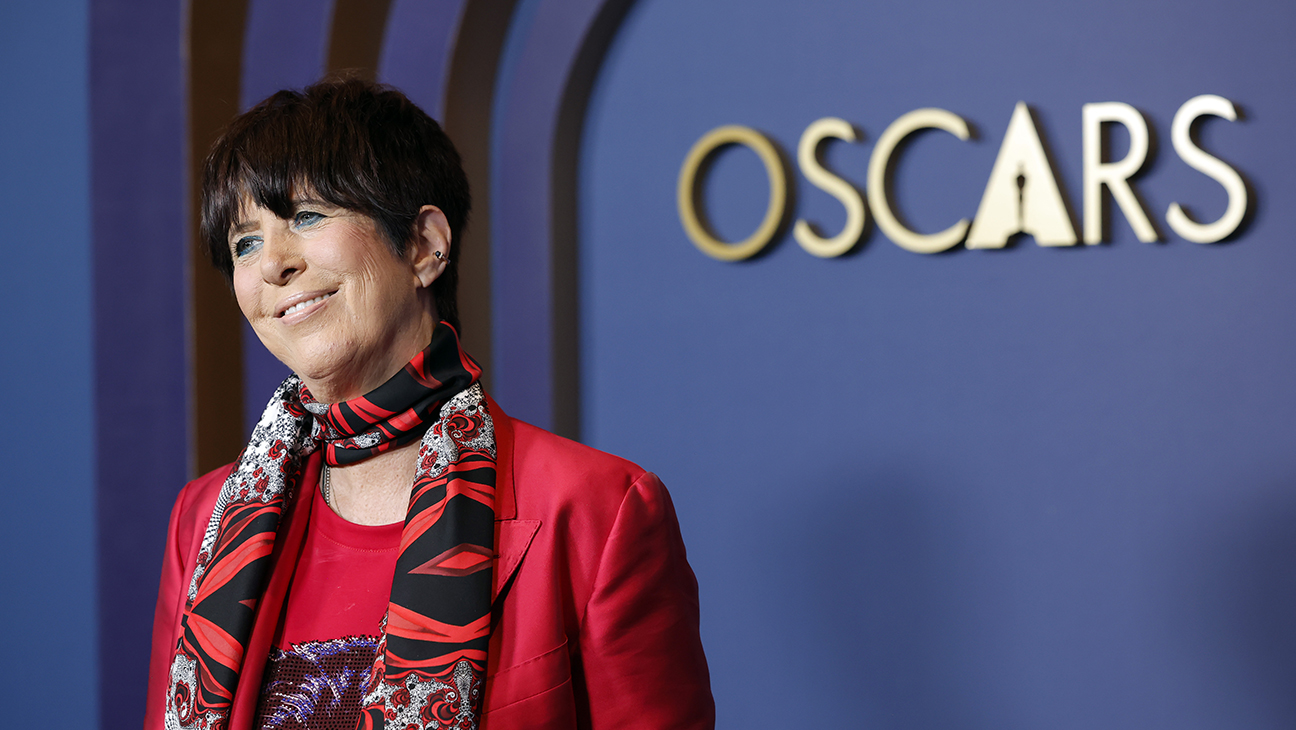Writer-director Annemarie Jacir takes on her largest-scale production to date with Palestine 36, a panoramic drama that interweaves period re-creations with evocative archival footage and revolves among characters both fictional and historical. The multi-viewpoint story unfolds during a pivotal moment for the Palestinian people, the beginning of a three-year uprising against the British Empire’s increasingly unjust rule and the impact of settlers fleeing anti-Jewish persecution in Europe. This is a story of national identity and resistance with contemporary resonance, but it’s also a classic genre movie, its historical tapestry populated by a strong ensemble of screen stars as well as impressive newcomers.
Like any historical drama, it has a point of view and doesn’t explore every facet of the events it depicts. But neither does it pretend to do so. And even as Jacir maintains an affecting Palestinian perspective, her movie offers far more facets and nuances than, say, Exodus, Hollywood’s star-studded paean to Zionism; in that 1960 release, Arab Palestinians are mostly offscreen impediments to the creation of a Jewish state. Palestine 36, in its glimpses of the European settlers’ children, however brief, holds them in a kind of embrace and acknowledges their essential innocence in a desperately ill-conceived plan. (A dozen years after the events of Jacir’s film, the village at its center would be razed during the Nakba — destroyed by Haganah troops, the heroes of Exodus.)
Palestine 36
Vivid and stirring.
Jacir’s feature began production in Palestine in early 2023, relocated to Jordan after the conflict between Hamas and Israel exploded, and returned to Palestine to wrap its shoot, becoming the only feature filmed in Palestine during the first two years of the ongoing crisis. In all its locations, the natural world is a potent element, the land’s beauty and its hiding places well captured; the fine camerawork is credited to three DPs, Hélène Louvart, Sarah Blum and Tim Fleming. Restored and colorized archival footage of Palestine, well integrated into the story by editor Tania Redding, enriches the movie’s sense of place. And as the story moves between age-old farm communities and bustling, elegant Jerusalem, production designer Nael Kanj and costume designer Hamada Atallah create a vibrant world that’s alive with period detail.
At the heart of the narrative, which begins in early 1936, is the village of Al Basma (sometimes called Al Bassa), whose farmers find themselves under siege. Jewish settlers arriving from Europe are confiscating more and more of their land, enabled and protected by the British administrators of the region. Jacir focuses on a handful of villagers and a few of the English. Their interactions are sometimes civil, occasionally friendly, and usually contentious, the British police, military and functionaries talking down to the locals when they aren’t outright brutalizing them.
Afra (Wardi Eilabouni), a spirited girl of about 12, lives in the village with her widowed mother, Rabab (Yafa Bakri), and resilient, toughened grandparents (Succession’s Hiam Abbass and Kamel El Basha). Afra’s friend Kareem (Ward Helou), an enterprising cobbler, is learning lessons from his even-tempered father, a priest (Jalal Altawil), in how to endure the colonizers’ abuse.
Dreaming of wider horizons, Afra is eager for news of Jerusalem, where her twentysomething neighbor Yusuf (Karim Daoud Anaya) travels by train for his job as an assistant to the well-to-do Amir (Dhafer L’Abidine) and his wife, Khuloud (Yasmine Al Massri). She’s a modern woman who sometimes likes to wear Amir’s fez and trousers in the privacy of their mansion. For her work as a journalist, writing columns supporting the growing revolt against the British Mandate, she must use a male pseudonym if she expects to be read.
At the Port of Jaffa, Khalid (Saleh Bakri, a leading Palestinian screen star whose credits include The Teacher as well as Jacir’s Wajib and When I Saw You) isn’t ready to join the rebellion — until he’s beaten for asking for the overtime pay he’s earned. Soon he’s not merely participating in the general strike that’s been called but riding horseback across the territory as one of the rebels’ leaders.
Jacir’s story of resistance is also one of capital and class, embodied most clearly in farmer’s son Yusuf, who moves between two worlds and faces a dilemma of growing urgency, his innocence and awakening eloquently expressed in Anaya’s performance. It’s one thing when Yusuf is hectored by a British soldier demanding his ID; it’s another when his father is killed by settlers and his younger brother arrested for no particular reason. He’s awash in condescension whether he’s serving drinks to the guests at his boss’ soirees or sitting in on Amir’s Muslim Association meetings, where wealthy Palestinian landowners shrug over the farmers’ plight and assert that the Zionists are good for business.
Khuloud, too, from her higher social tier, moves between worlds. One of her key sources of information is Thomas Hopkins (Billy Howle), who’s sympathetic to the Palestinians’ plight but continues to do the Empire’s bidding in his role as private secretary to High Commissioner Arthur Wauchope (Jeremy Irons). Compelled by a sense of justice, Khuloud, invested with fierceness and humor by Al Massri, finds herself more and more on the outside of her husband’s social and business circles.
With the exception of Howle’s fictional Thomas, the Brits, based on real-life figures, are represented here with an assortment of pomp, cluelessness, arrogance and cruelty, all of it smartly played and never cartoonish. Whether he’s inaugurating the Palestine Broadcasting Service beneath flapping Union Jacks or facing the women who descend on his office to demand an end to unjust policies, Irons’ Wauchope is a self-satisfied spouter of windy bureaucratese. At one point in his bloviating, Khuloud notes with a smirk that “this is the part where they educate and elevate us.”
The sadistic military officer Captain Wingate (Robert Aramayo, of The Lord of the Rings: The Rings of Power) is the movie’s most obviously hissable character, a small-minded type who feels justified in everything he does. When, in a crisply scripted and underplayed scene, he spouts a certain biblical prophecy as justification for the Zionist project in Palestine (rhetoric still heard today), Thomas calmly calls into question the supposed evidence for this theory.
In a bit of especially delicious irony, Liam Cunningham — a vocal supporter of Palestinian independence and a participant in one of the flotillas trying to deliver aid to Gazans blockaded by Israel — plays Charles Tegart, who has the dubious distinction of being an expert adviser on counterinsurgency. Fresh off Britain’s colonial project in India, he’s a guy with a pointer and ridiculous ideas. The torrent of F-bombs unleashed by Thomas in response to those ideas is a fitting expression of newfound certainty for a long-conflicted employee, and a satisfying crescendo to Howle’s terrific performance.
Earlier in the movie, one of the village elders poses a question of piercing simplicity to Thomas: “Is it the right of the English, as occupying power, to distribute the land as they like?” Such potent clarity courses beneath the action of Palestine 36, sometimes rising to the surface in straightforward dialogue as characters grapple with half-baked rationalizations and arbitrary policies. When Afra asks her mother why the settlers, busy putting up fences and watchtowers, have come to their land, Rabab, down-to-earth and luminous in Yafa Bakri’s portrayal, puts it plainly: “Their countries don’t want them.” As Palestine 36 dramatizes so well, the fight for justice is no more complicated than the schism between heartlessness and compassion, no less urgent than the interfused fires of anguish and hope.





